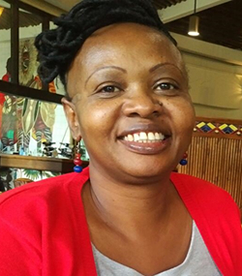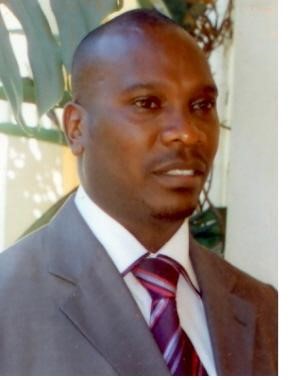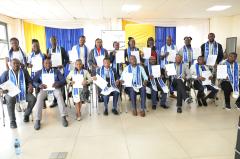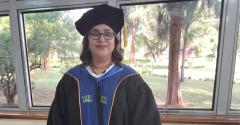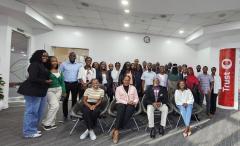As the Department Chair I am proud to welcome you to the Department of Sociology and Criminal Justice in the School of Humanities and Social Sciences at the United States International University-Africa (USIU-Africa). I am also excited to commemorate our upcoming 50th Anniversary since USIU-Africa was founded. Since 1969, our university has prepared thousands of graduates who have populated different fields and markets as professionals and practitioners. As part of the School of Humanities and Social Sciences, we offer a Bachelor of Arts in Criminal Justice, and soon the department will offer a Bachelor of Arts in Sociology and a Master of Arts in Criminal and Transitional Justice. Our academic programs meet the needs of 21st century students. Our department is comprised of experienced faculty who are student-centered, research-oriented and engaged in our community.
The Department of Sociology and Criminal Justice organizes an annual conference called the Criminology and Criminal Justice Conference that provides a platform for academics, practitioners and community the opportunity to share cutting edge research in the areas of public safety. This conference brings about academics and practitioners across Africa and the world. This year’s conference has the theme “Rethinking Criminal Justice in the Global South: Emerging Trends, Challenges, and Innovations.” We welcome delegates to our campus on July 24 and 25, 2025.
Student academic engagement is paramount in the department. Through the Criminal Justice Club, students engage in rigorous inquiry on current event in the discipline while providing service to the community. The Criminal Justice Club has visited Prisons and provided legal aid to inmates.
To celebrate this golden anniversary, we are inviting students, faculty, staff, alumni and community members committed to a series of events in honor of our five decades of offering high end academic programs. We invite you all to join us as we celebrate this momentous occasion this next year. Please explore our website, note our important dates, peruse our faculty research agendas, join our student organizations and don’t forget to follow us on social media.

